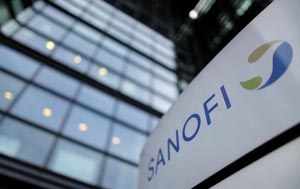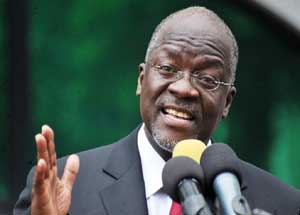Pharmaceutical Company Sanofi have recently inaugurated their regional office in Nairobi to co-ordinate and dictate all its activities in Kenya and its neighboring countries of Uganda, Tanzania and Ethiopia.
Sanofi has been very involved in East Africa’s medical sphere of late and has been a chief supplier of medical products and vaccines in the East African market.
“Establishing a regional office in Kenya is a strong vote of confidence by Sanofi on its investment intent for the region,” Peter Munyasi, general manager of Sanofi for East Africa said.
Sanofi’s efforts in Kenya have been focused on managing diabetes and thrombosis. The company oversaw the launch of a new drug for diabetes just last month. The drug-manufacturers however are only one of a number of French companies trying to grow their influence in the markets of East Africa.
Kim Ramoneda, the deputy head of mission charge d’affaire at the French embassy revealed that 100 companies have set-up local offices in Kenya that shows the amount of serious interest the market is attracting presently.
Ms. Ramoneda believes that this interest stems from the nation’s status a regional hub in East Africa and its potential to grow even further. This potential has led many multinational companies from developed western countries like the UK and the United States to flock to Kenya and other parts of the region.
Other firms that have established branches in Kenya of late include names like Bechtel and General Electric.




